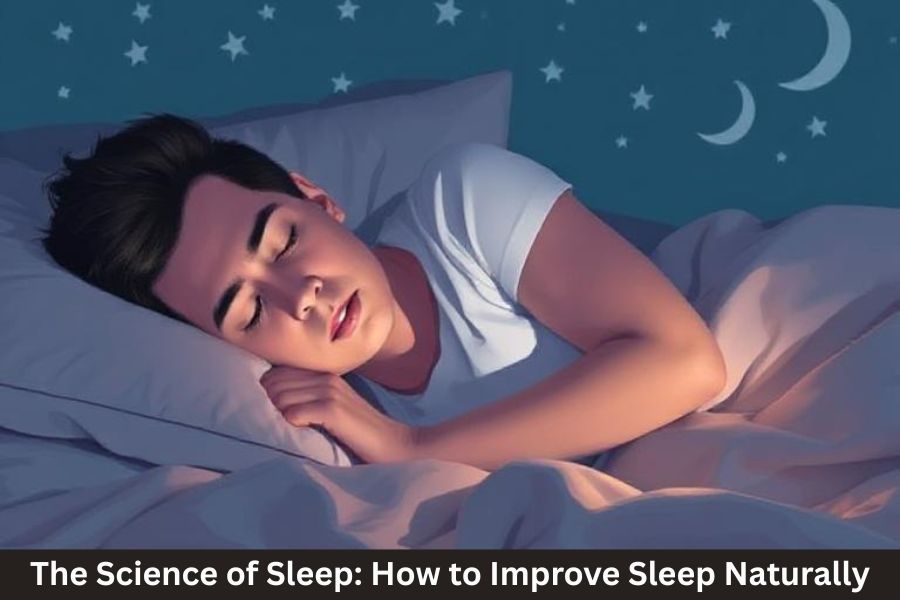In today’s fast-paced world, it’s easy to overlook our nutritional needs. But even a minor vitamin deficiency can cause noticeable changes in your health and well-being. Vitamins play essential roles in energy production, immunity, skin health, and even your mood. When your body lacks key nutrients, it often sends early warning signals—you just need to know what to look for.
Here’s a breakdown of the most common early signs of vitamin deficiency and what you can do to correct them naturally.
Why Vitamin Deficiencies Happen
Vitamin deficiencies can develop due to:
- Poor diet or restrictive eating
- Digestive disorders (like celiac or Crohn’s)
- Chronic stress
- Alcohol consumption
- Certain medications
- Lack of sunlight exposure (for Vitamin D)
Even with access to plenty of food, modern diets often fall short in nutrient density—making deficiencies more common than you’d think.
Top Early Signs of Vitamin Deficiency
Let’s explore some of the most telling symptoms and the vitamins they may be related to:
1. Fatigue and Low Energy
Likely deficiency: Vitamin B12, Iron, Folate, Vitamin D
If you’re sleeping well but still feel exhausted, it could be due to poor oxygen delivery to your cells or impaired energy metabolism.
2. Bone and Joint Pain
Likely deficiency: Vitamin D, Calcium, Magnesium
Aches, pains, or bone sensitivity—especially in winter—could be a sign of low Vitamin D, which is critical for calcium absorption and bone strength.
3. Shortness of Breath or Dizziness
Likely deficiency: Iron, Vitamin B12
These symptoms may indicate anemia, where your body lacks enough red blood cells to carry oxygen effectively.
4. Frequent Illness or Infections
Likely deficiency: Vitamin C, Vitamin D, Zinc
If you seem to catch every cold going around, your immune system may be undernourished.
5. Hair Loss or Brittle Hair
Likely deficiency: Biotin (Vitamin B7), Iron, Zinc
Sudden hair thinning or brittle strands can be an early sign of nutrient depletion, particularly B-vitamins and minerals.
6. Cracks at the Corners of the Mouth
Likely deficiency: Riboflavin (B2), Iron, Vitamin B12
Also known as angular cheilitis, this condition is a common early sign of B-vitamin deficiency.
7. Brain Fog and Poor Concentration
Likely deficiency: B12, Omega-3 fatty acids, Vitamin D
Cognitive sluggishness and forgetfulness may signal a deeper nutritional imbalance affecting your nervous system.
8. Vision Issues at Night
Likely deficiency: Vitamin A
If you struggle with night vision or dry eyes, it could be an early sign of Vitamin A deficiency.
9. Pale or Swollen Tongue
Likely deficiency: B12, Folate, Iron
A smooth, swollen tongue (glossitis) can result from a lack of B vitamins or iron, impairing red blood cell production.
10. Tingling or Numbness in Hands and Feet
Likely deficiency: Vitamin B12, B6
This may indicate nerve damage from long-term deficiency, especially common in older adults or vegetarians.
How to Correct Vitamin Deficiencies Naturally
1. Improve Your Diet
Focus on a balanced, whole-foods diet rich in:
- Leafy greens (K, folate, magnesium)
- Nuts & seeds (E, B6, zinc)
- Lean meats, eggs, fish (B12, iron, omega-3s)
- Colorful fruits & veggies (A, C)
- Whole grains (B-vitamins)
2. Get Sunlight
Aim for 10–20 minutes of sun exposure on bare skin several times a week to maintain healthy Vitamin D levels.
3. Consider Supplements (If Needed)
If dietary changes aren’t enough, talk to your doctor about high-quality supplements, especially for:
- Vitamin D (common deficiency in winter)
- B12 (if vegan or over 50)
- Iron (especially for menstruating women)
4. Test Your Levels
A simple blood test can check for deficiencies. Addressing them early prevents long-term damage and improves daily quality of life.
When to See a Doctor
If you’re experiencing persistent fatigue, hair loss, numbness, or mood changes, don’t ignore it. A healthcare provider can:
- Order lab tests
- Recommend diet adjustments or supplements
- Rule out underlying conditions like malabsorption or autoimmune issues
FAQs
Q1: Can you have a vitamin deficiency even with a healthy diet?
Yes, especially if you have absorption issues, are under chronic stress, or have increased needs (pregnancy, aging, etc.).
Q2: How long does it take to correct a deficiency?
It depends on severity, but improvements often begin within a few weeks of consistent changes.
Q3: Are multivitamins enough to prevent deficiencies?
Not always. They can help, but a nutrient-rich diet is more effective long-term.
Q4: What are the most common vitamin deficiencies?
Vitamin D, B12, Iron, and Magnesium are among the most commonly deficient in adults.
Q5: Can vitamin deficiencies cause mental health problems?
Yes. B12, folate, D, and omega-3s are critical for mood and brain function.


